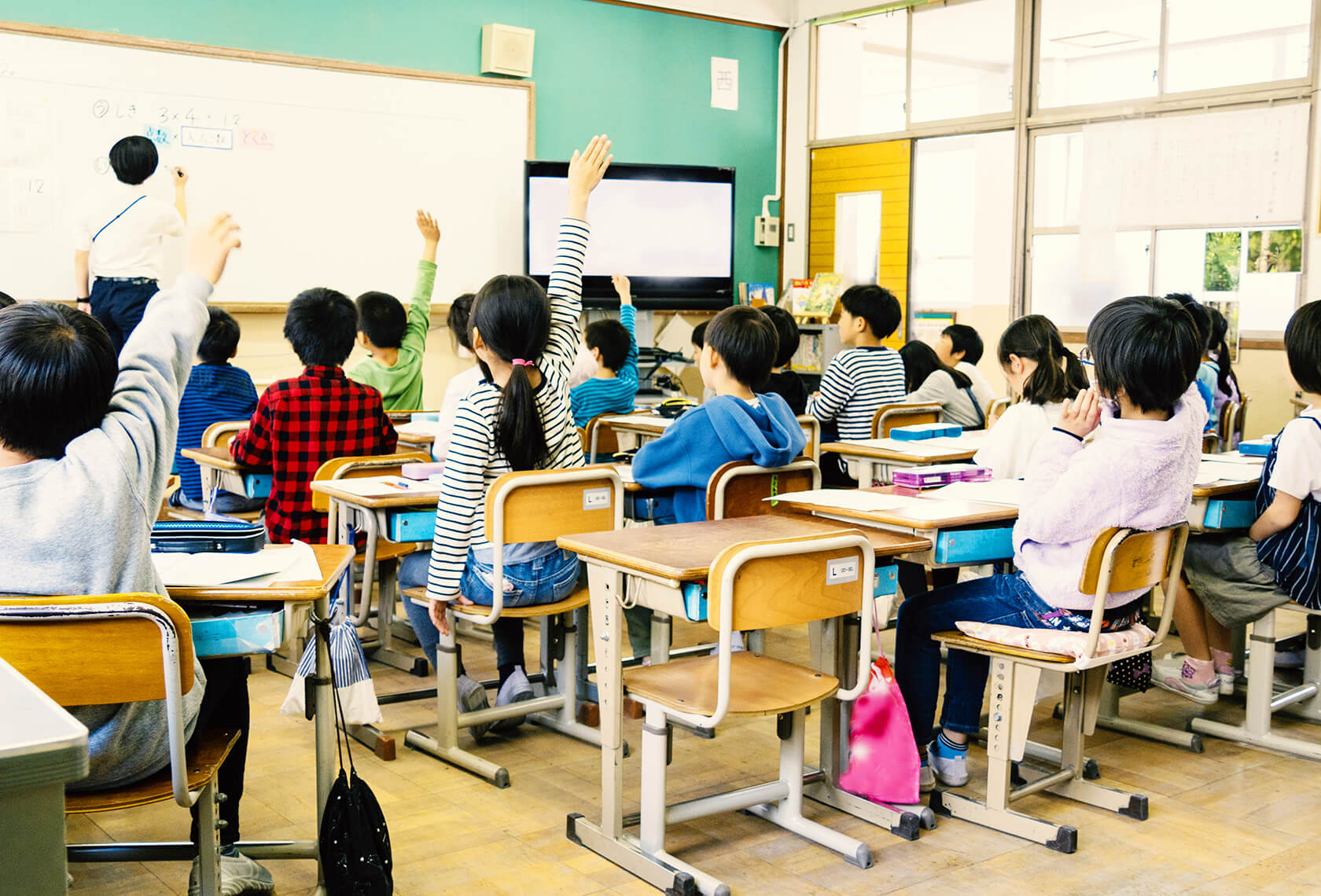Public schools in Japan offer a fascinating and distinct educational experience that sets them apart from other systems around the world. From their rigorous academic curriculum to their emphasis on discipline and moral values, Japanese public schools provide a well-rounded education to their students. In this article, we will explore the unique aspects of Japanese public schools and shed light on why they have garnered international recognition.
Academic Excellence
Japanese public schools are renowned for their commitment to academic excellence. The curriculum focuses on core subjects such as mathematics, science, language arts, and social studies, ensuring that students receive a comprehensive education. The rigorous academic standards challenge students to develop critical thinking, problem-solving, and analytical skills from an early age.
A Holistic Approach to Education
Japanese public schools adopt a holistic approach to education, emphasizing the development of not just intellectual abilities but also moral values and character. The curriculum includes subjects like ethics, morality, and social responsibility, nurturing well-rounded individuals who are not only academically proficient but also morally conscious.
The Importance of Discipline
Discipline is a cornerstone of Japanese public schools. Students are expected to adhere to strict rules and regulations, instilling a sense of responsibility and self-discipline. The emphasis on punctuality, cleanliness, and respect for authority fosters an environment conducive to learning and personal growth.
Teacher-Student Relationships
In Japanese public schools, the teacher-student relationship extends beyond the classroom. Teachers are seen as mentors and guides, providing support and guidance to students not only in academic matters but also in personal development. This close bond between teachers and students creates a nurturing and supportive environment where students feel valued and encouraged to excel.
Extracurricular Activities
Japanese public schools offer a wide range of extracurricular activities that cater to diverse interests and talents. From sports clubs to cultural clubs, students have ample opportunities to explore their passions outside of the classroom. These activities not only promote teamwork and cooperation but also contribute to the holistic development of students.
Cultural Education
One unique aspect of Japanese public schools is their focus on cultural education. Students learn about traditional Japanese customs, festivals, and arts, fostering a deep appreciation for their rich cultural heritage. This cultural education plays a vital role in preserving Japan’s traditions and values, ensuring that future generations carry them forward.
Global Outlook
While Japanese public schools place a strong emphasis on traditional values and cultural education, they also promote a global outlook. English language education is prioritized, enabling students to communicate effectively on an international level. Additionally, schools often facilitate exchange programs and international partnerships, exposing students to different cultures and perspectives.
Conclusion
Japanese public schools offer a unique educational experience that combines academic excellence, character development, discipline, and cultural education. The emphasis on holistic development ensures that students not only excel academically but also grow into responsible, well-rounded individuals. The distinctive aspects of Japanese public schools have earned them recognition worldwide.


